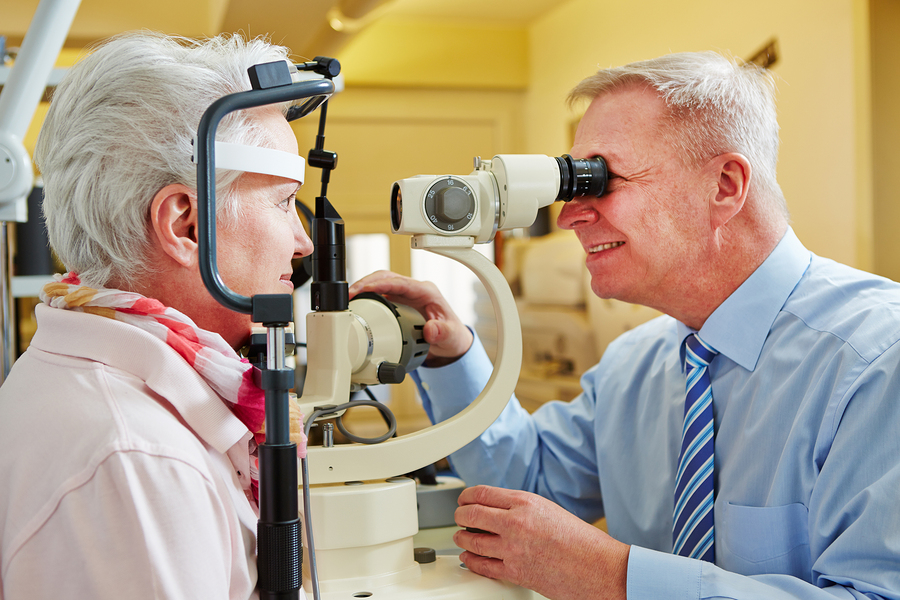
January is National Glaucoma Awareness Month. As a family caregiver, this is the ideal opportunity for you to learn more about this health issue that can negatively impact your senior’s function, health, and well-being so you can step in to help them manage it in the best way possible. Being well-educated about the issues and challenges your senior may face enables you to give them the highest quality care and ensure they are able to manage them in the best ways.
Some things you should know about glaucoma include:
- There are currently more than 3 million people throughout the United States who are living with glaucoma.
- More than 2.7 million of these suffer from the most common form of the disease, referred to as open-angle glaucoma.
- Approximately 95 percent of people who are diagnosed with glaucoma will have open-angle glaucoma, though there are several other forms.
- Glaucoma is the leading cause of irreversible blindness in the United States.
- Blacks are approximately three to four times more likely to experience glaucoma than non-Hispanic whites.
- Blacks are at fifteen times the risk of experiencing blindness as a result of glaucoma than whites.
- High eye pressure does not directly cause glaucoma, but it is a risk factor.
- Open-angle glaucoma does not have symptoms in its early stages.
- For many, the only symptom of glaucoma is the gradual loss of peripheral vision, that is, vision out of the sides of the eyes.
- Glaucoma is treatable and without treatment can lead to lasting effects, including blindness.
Starting home care services for your aging parent can be one of the best decisions you make for your aging parent. When you are a family caregiver, you make a wide variety of decisions, but bringing a home care services provider can offer a tremendous range of benefits for your senior and for you.
This home care services provider can step in to fill care gaps, reduce your stress, and help them to live their best life possible as they age in place. When they are dealing with a health issue such as glaucoma, this care provider can help your loved one cope with their symptoms and challenges in the ways that are right for them while promoting independence, autonomy, and quality of life as they age.
Sources: https://nei.nih.gov/health/glaucoma/glaucoma_facts
https://www.brightfocus.org/glaucoma/article/glaucoma-facts-figures

